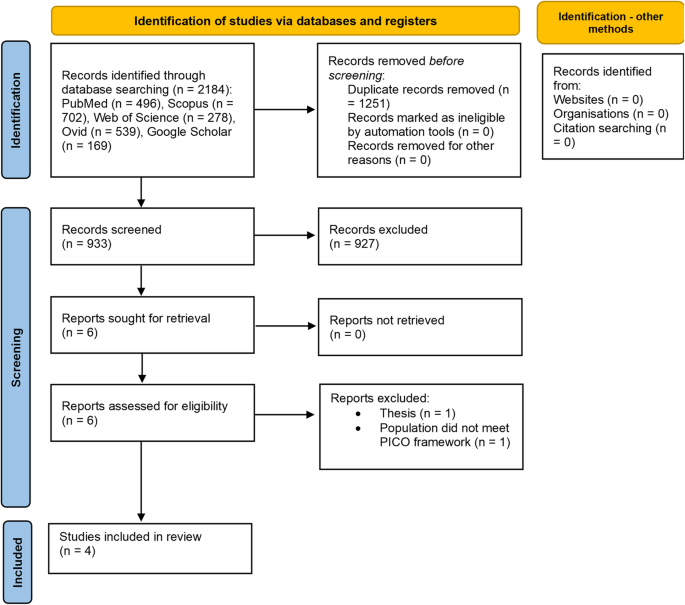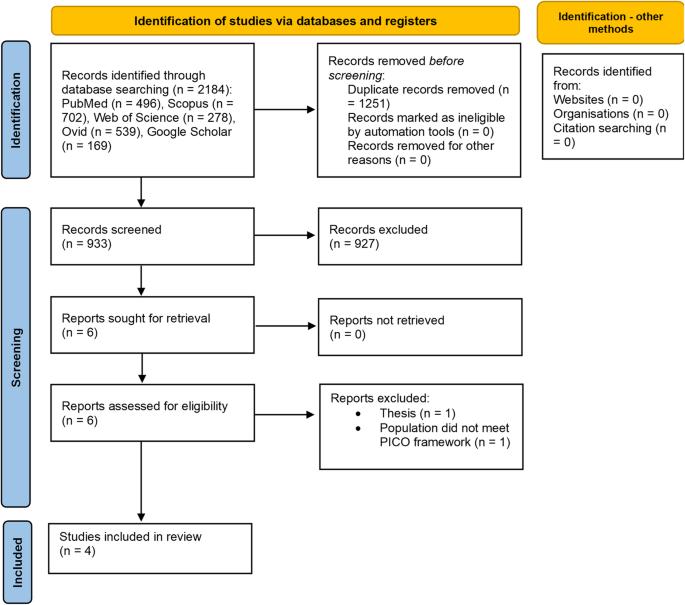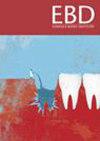Antimicrobial efficacy of Odontopaste in endodontics: a systematic review
Q3 Dentistry
引用次数: 0
Abstract
To evaluate the efficacy of Odontopaste in reducing the microbial load in endodontics compared to other intracanal medicaments. The literature was electronically searched on PubMed, Google Scholar, Scopus, Ovid Medline and Web of Science. In-vitro, ex-vivo and in-vivo studies that evaluated the antimicrobial efficacy of Odontopaste were included. The risk of bias was assessed using the Quality Assessment Tool for In Vitro Studies. A total of four in-vitro studies were included in the systematic review. One study showed that Odontopaste had significantly more microbial cell growth on roots in all dentine depths compared to other medicaments or test agents. Another study found that Odontopaste significantly decreased colony-forming units compared to propolis and chlorhexidine. Further results showed that Odontopaste did not significantly decrease microbial numbers when used in isolation. Additionally, combining Odontopaste and calcium hydroxide did not enhance the effectiveness of calcium hydroxide. The studies had a medium to high risk of bias. There is insufficient high-quality evidence to assess the antimicrobial efficacy of Odontopaste compared to other intracanal medicaments. Further research is required to determine Odontopaste’s efficacy as an antimicrobial medicament in endodontics.


Odontopaste 在牙髓治疗中的抗菌功效:系统综述。
目的:与其他根管治疗药物相比,评估Odontopaste在减少根管治疗微生物负荷方面的功效:通过电子方式在 PubMed、Google Scholar、Scopus、Ovid Medline 和 Web of Science 上搜索文献。纳入了评估 Odontopaste 抗菌功效的体外、体外和体内研究。采用体外研究质量评估工具对偏倚风险进行了评估:系统综述共纳入了四项体外研究。其中一项研究表明,与其他药物或测试剂相比,Odontopaste 在所有牙本质深度的牙根上都有明显更多的微生物细胞生长。另一项研究发现,与蜂胶和洗必泰相比,Odontopaste 能明显减少菌落形成单位。进一步的研究结果表明,单独使用奥齿泰不会明显减少微生物数量。此外,将奥齿泰和氢氧化钙结合使用也不会增强氢氧化钙的效果。这些研究存在中度到高度的偏倚风险:没有足够的高质量证据来评估 Odontopaste 与其他龋洞内药物相比的抗菌效果。要确定 Odontopaste 作为根管治疗抗菌药物的疗效,还需要进一步的研究。
本文章由计算机程序翻译,如有差异,请以英文原文为准。
求助全文
约1分钟内获得全文
求助全文
来源期刊

Evidence-based dentistry
Dentistry-Dentistry (all)
CiteScore
2.50
自引率
0.00%
发文量
77
期刊介绍:
Evidence-Based Dentistry delivers the best available evidence on the latest developments in oral health. We evaluate the evidence and provide guidance concerning the value of the author''s conclusions. We keep dentistry up to date with new approaches, exploring a wide range of the latest developments through an accessible expert commentary. Original papers and relevant publications are condensed into digestible summaries, drawing attention to the current methods and findings. We are a central resource for the most cutting edge and relevant issues concerning the evidence-based approach in dentistry today. Evidence-Based Dentistry is published by Springer Nature on behalf of the British Dental Association.
 求助内容:
求助内容: 应助结果提醒方式:
应助结果提醒方式:


